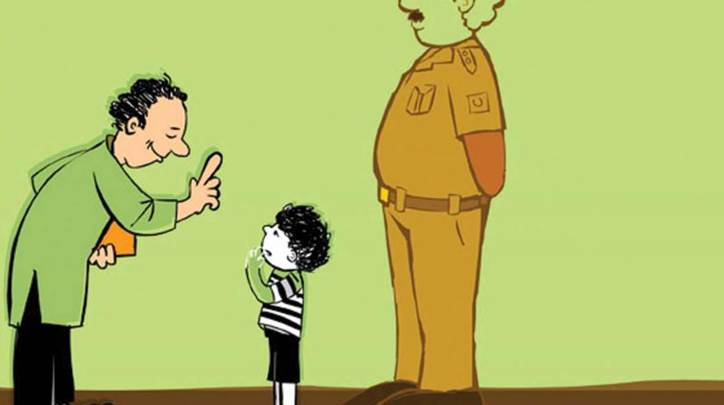Free Courses Sale ends Soon, Get It Now


Free Courses Sale ends Soon, Get It Now



Copyright infringement not intended
In News
POSCO Act
National Commission for Protection of Child Rights
Functions of the National Commission for Protection of Child Rights;
https://epaper.thehindu.com/Home/ShareArticle?OrgId=GAOAFJACL.1&imageview=0
https://t.me/+hJqMV1O0se03Njk9
© 2024 iasgyan. All right reserved